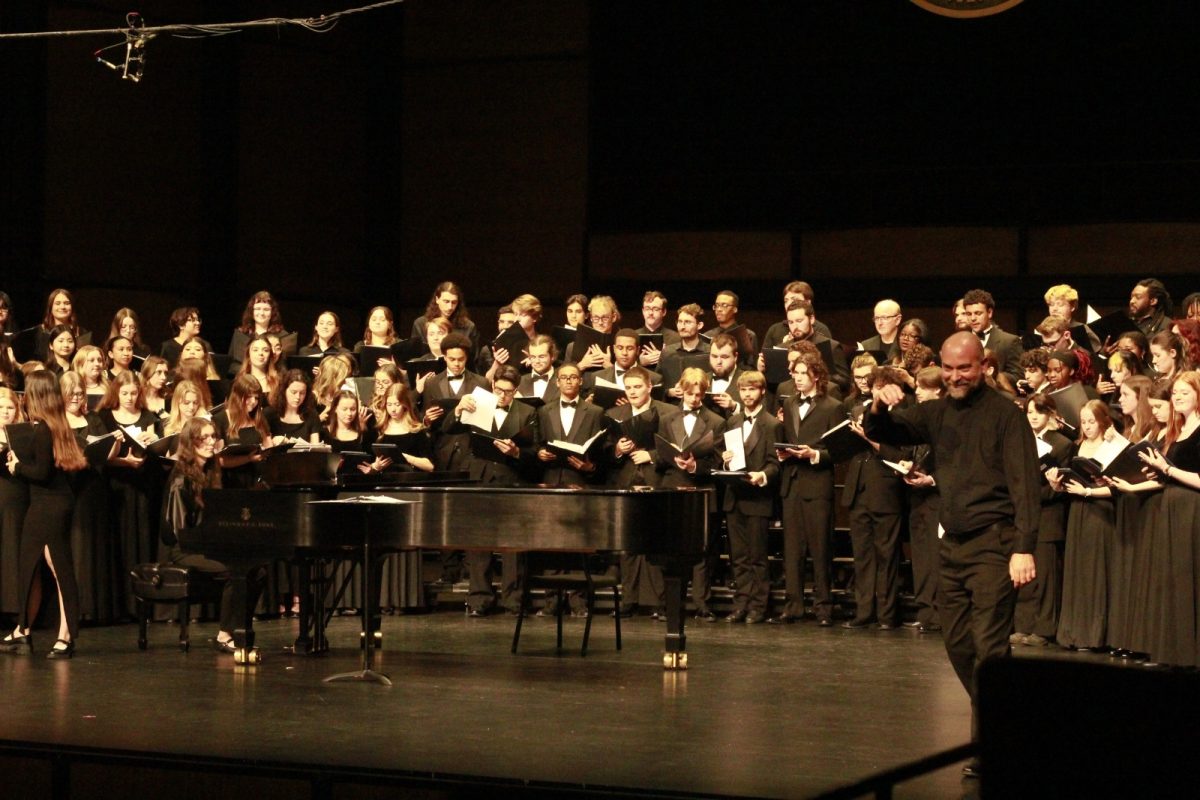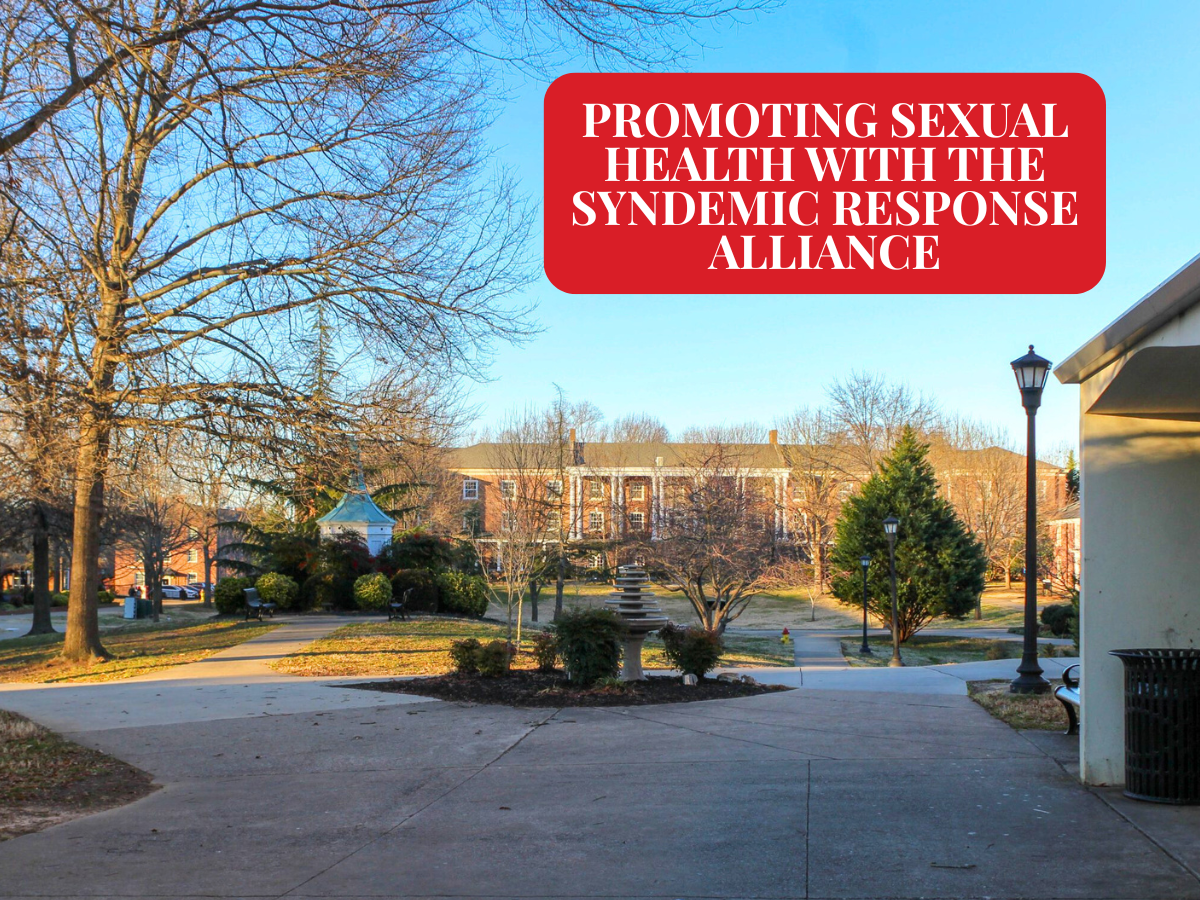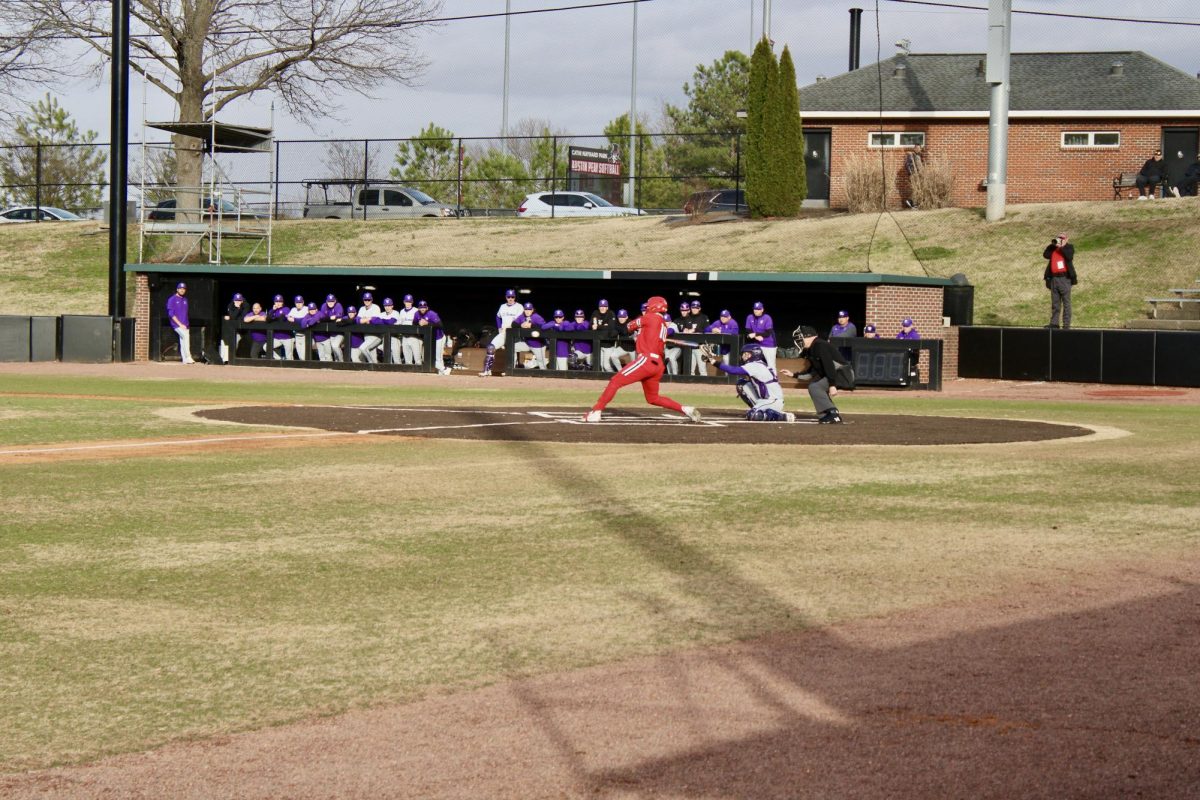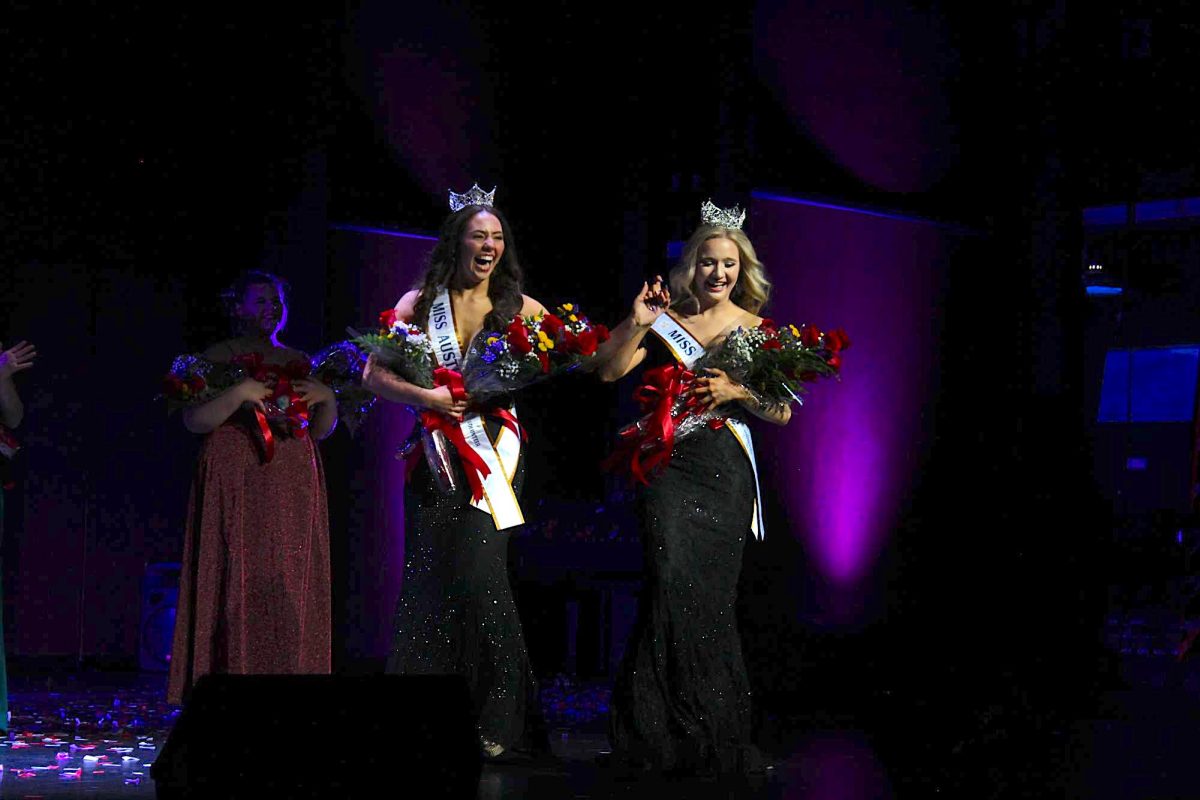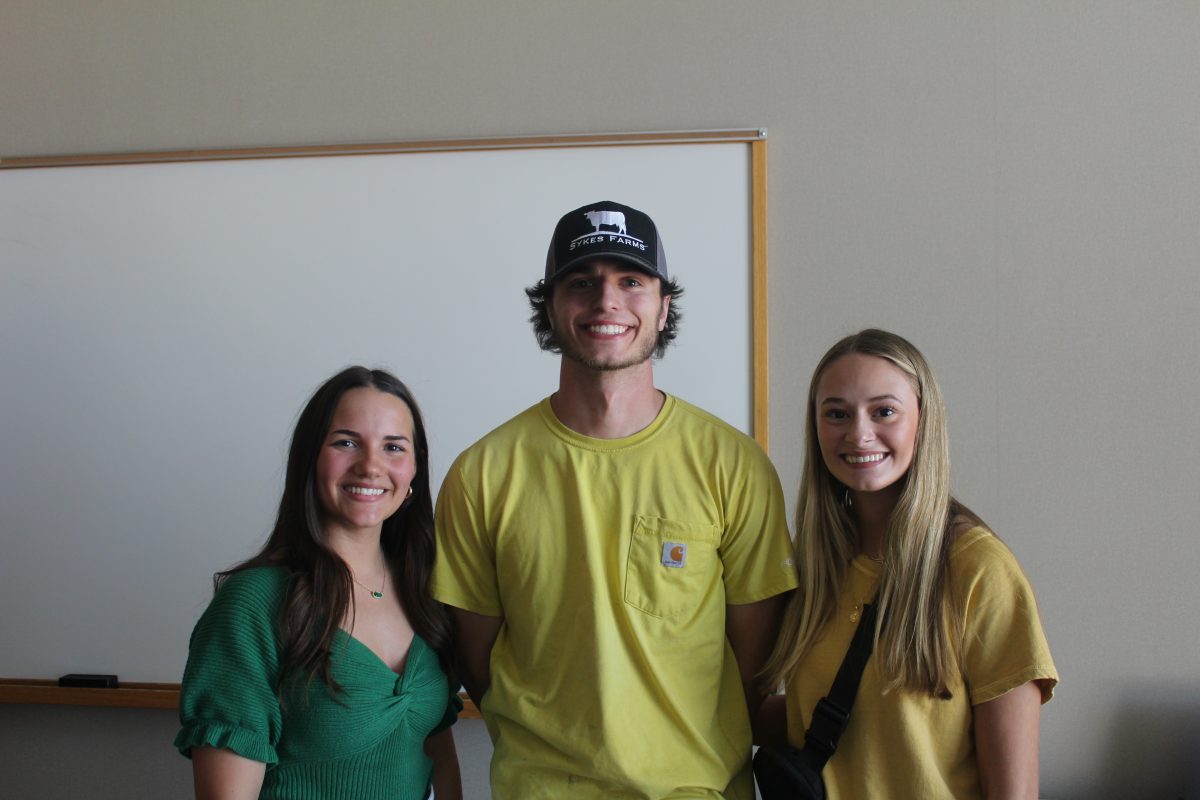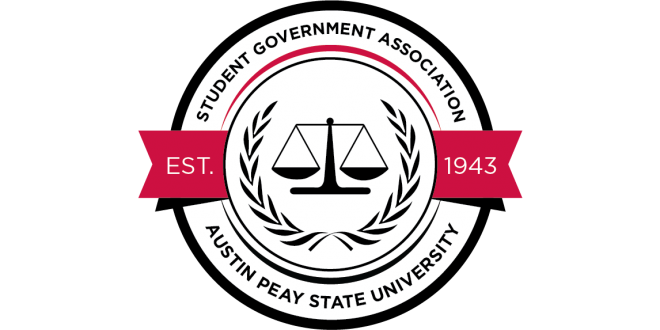By Lauren Cottle
Staff Writer
Students ate doughnuts and sipped on lemonade as they learned about the dangers of academic dishonesty last week.
The SGA-sponsored Academic Integrity Week, from Tuesday, Sept. 10 to Thursday, Sept. 12, included events such as a doughnut breakfast in the UC lobby called “Do-not Cheat!” and free popcorn and lemonade in the UC food court.
SGA members handed out fliers with information on plagiarism, cheating, and fabrication to students.
These fliers also had the dates of citation and plagiarism workshops that students could attend to get more information.
Workshops took place in the Woodward Library on Tuesday, Sept. 10 and Wednesday, Sept. 11, to teach students how to create in-text citations and bibliographies to prevent accidental academic dishonesty.
SGA member Molly Silkowski, a senior chemistry major, said Academic Integrity Week has received good feedback this year and in the past and the SGA plans on having this event annually from now on.
“Students don’t realize the importance of learning about cheating and plagiarism,” Silkowski said.
Academic dishonesty is not just a problem specifically for APSU, according to Silkowski, but for universities everywhere.
“Some causes may be temptation and stress,” Silkowski said. “Many students want a good grade and think that cheating is their only option,”
Silkowski stressed that cheating can happen with all types of students.
“Even honors students cheat,” Silkowski said.
Desiree Pequeno, a sophomore elementary education major, gave advice for students facing temptation to cheat.
“Cheating is obviously not right,” Pequeno said, “If you’re having a hard time you should try going to a writing lab or asking for help from friends.”
Pequeno also mentioned the advantages of tutoring and going to professors for help if you are a student considering cheating.
“They can understand your situation,” Pequeno stated.
Honors Program director and English professor Linda Barnes said learning about cheating is very important for students.
“Students sometimes do not know that borrowing another writer’s ideas, even without lifting direct quotes, is plagiarism,” Barnes said.
Barnes also said that to professors, it is “quite obvious” when students are cheating on a paper and that students need to “trust in [their] own ideas.”
Barnes believes most students plagiarize not because of a lack of ethics, but because they are panicked about a grade or assignment.
Barnes’s advice for students who are tempted to plagiarize is to seek help from APSU’s librarians.
“Our librarians will not be shocked or judgmental if a student says, ‘My paper is due tomorrow, but will you please help me find and/or document a source?’”
Barnes also said it is important for honors students to learn about plagiarism because in graduate school they must know how to “use other writers’ ideas appropriately.”
Grace Saucier, participating in the free popcorn and lemonade event, is a freshman English major and said essay plagiarism is an important issue to her.
“Stealing someone else’s ideas in a paper is somehow worse than just copying answers on a math test,” Saucier said. “I never plan on plagiarizing in an essay, but I can understand why someone would do it. There are many scholarship students whose financial aid depends on them getting a 3.0. If they flunk a really important test, they may lose their scholarship.”
Saucier admits that she would be tempted to cheat if she were in a position where she was about to be thrown out of APSU.
“If I had to make a decision whether to write the answers on my hand for a science test or be kicked out of the school and lose all the money I paid, cheating would be appealing,” Saucier said.
However, Saucier said she wants to graduate APSU and “walk out having learned something.”

